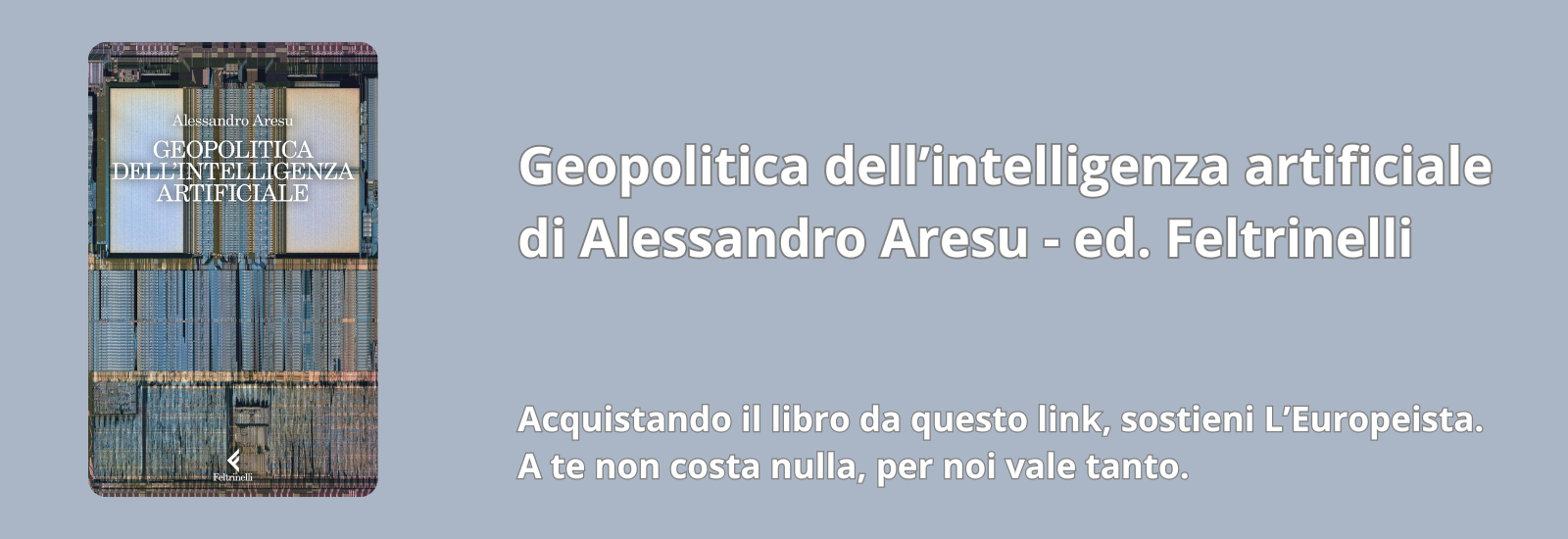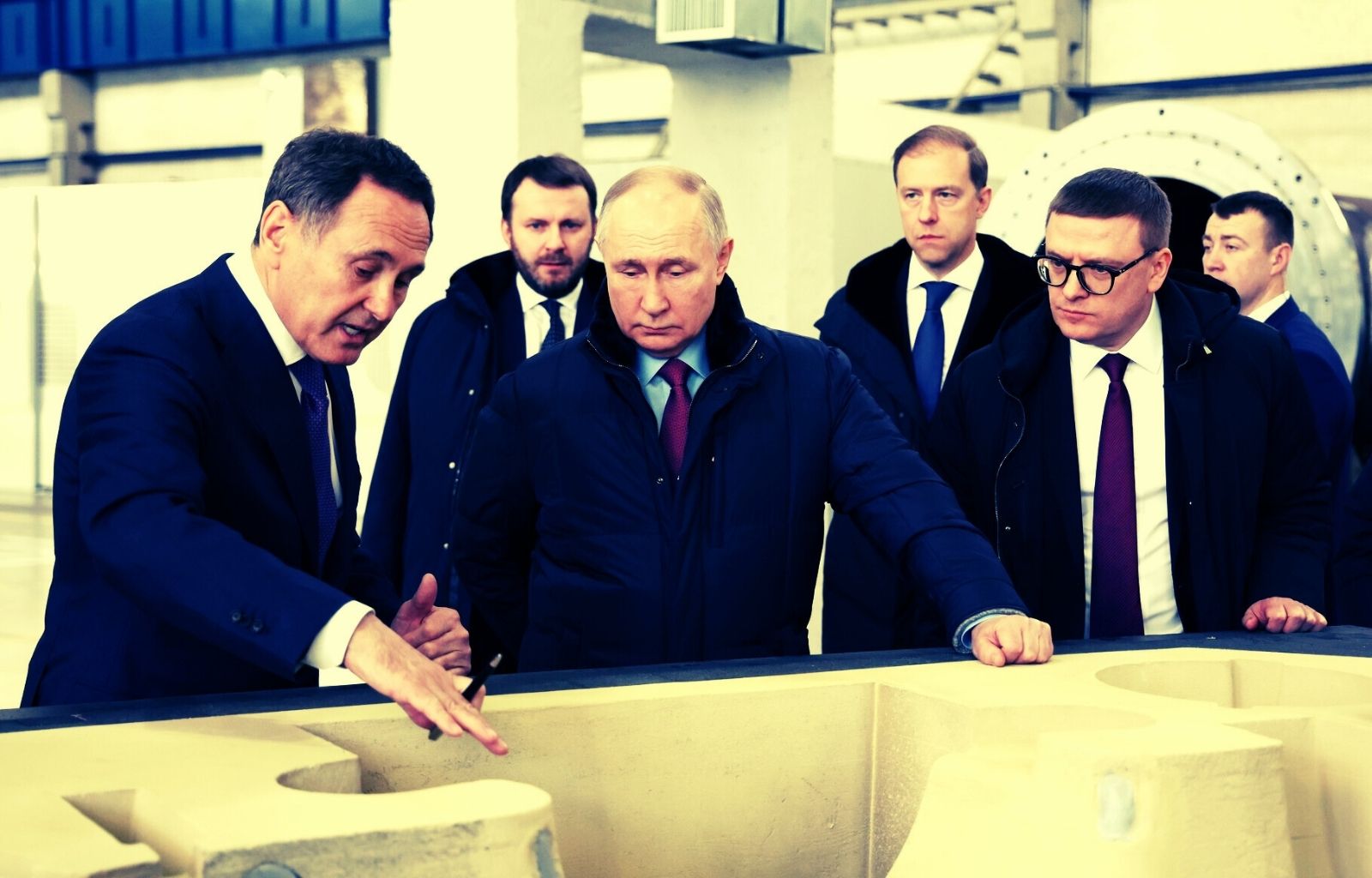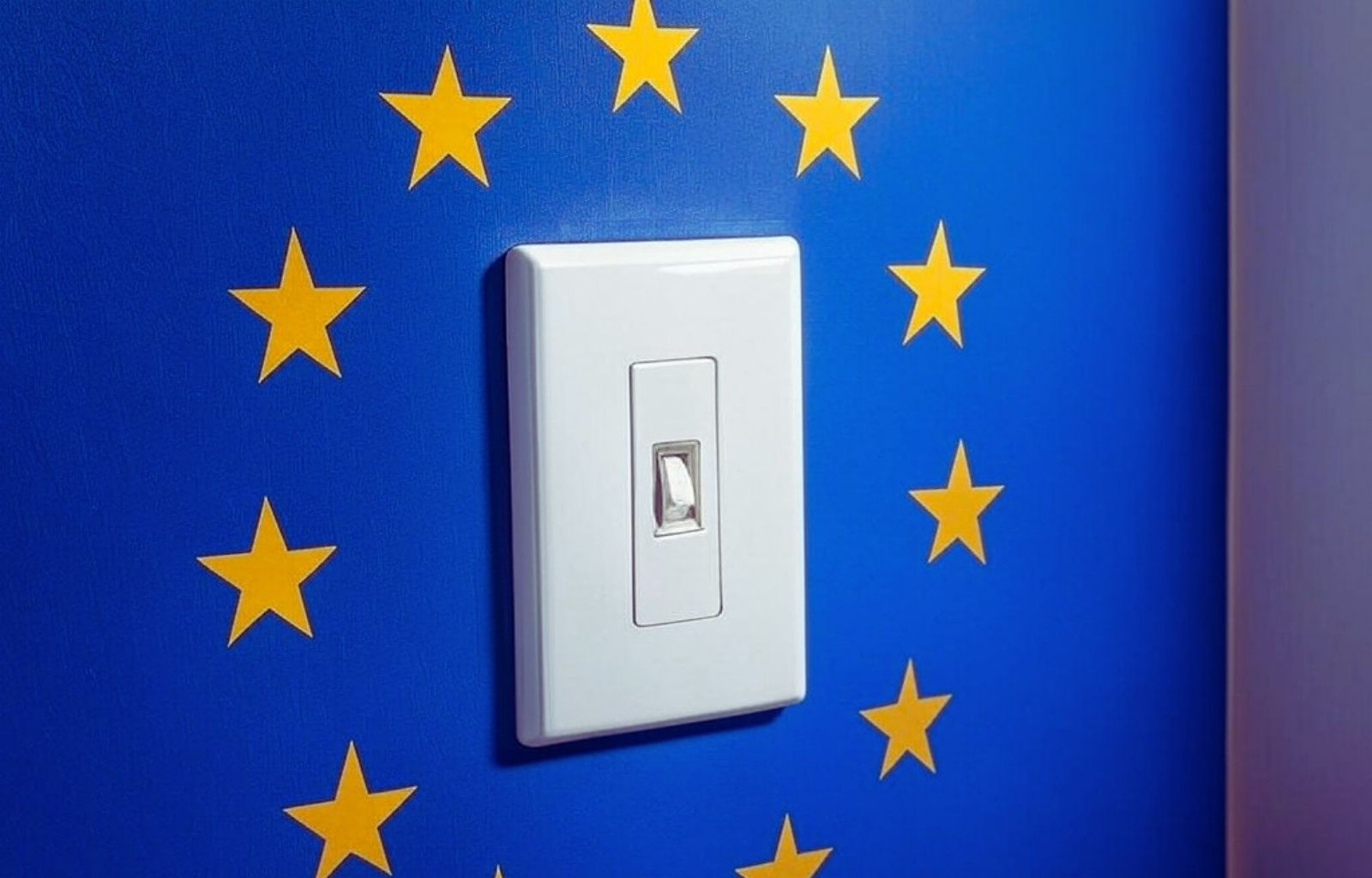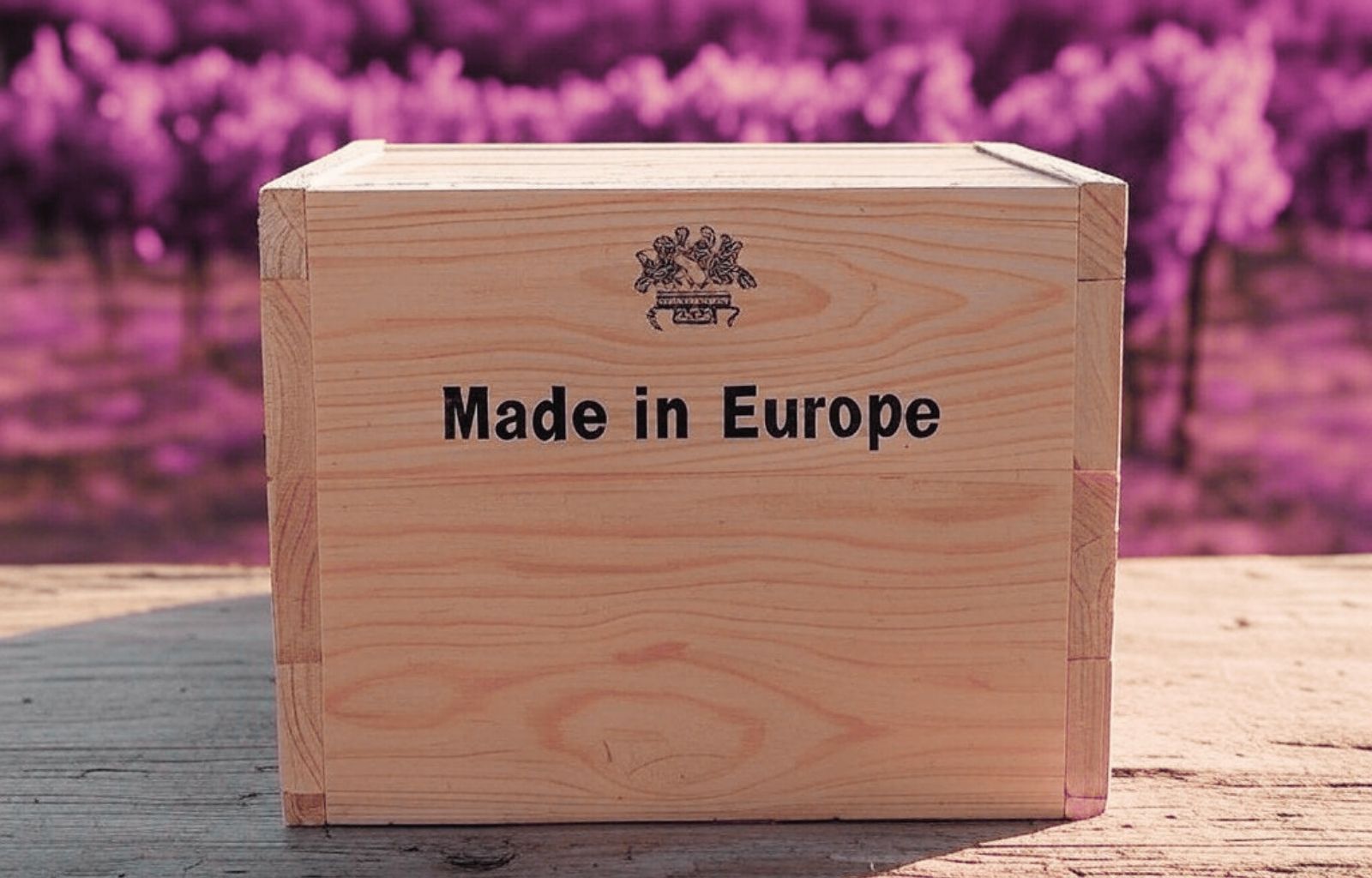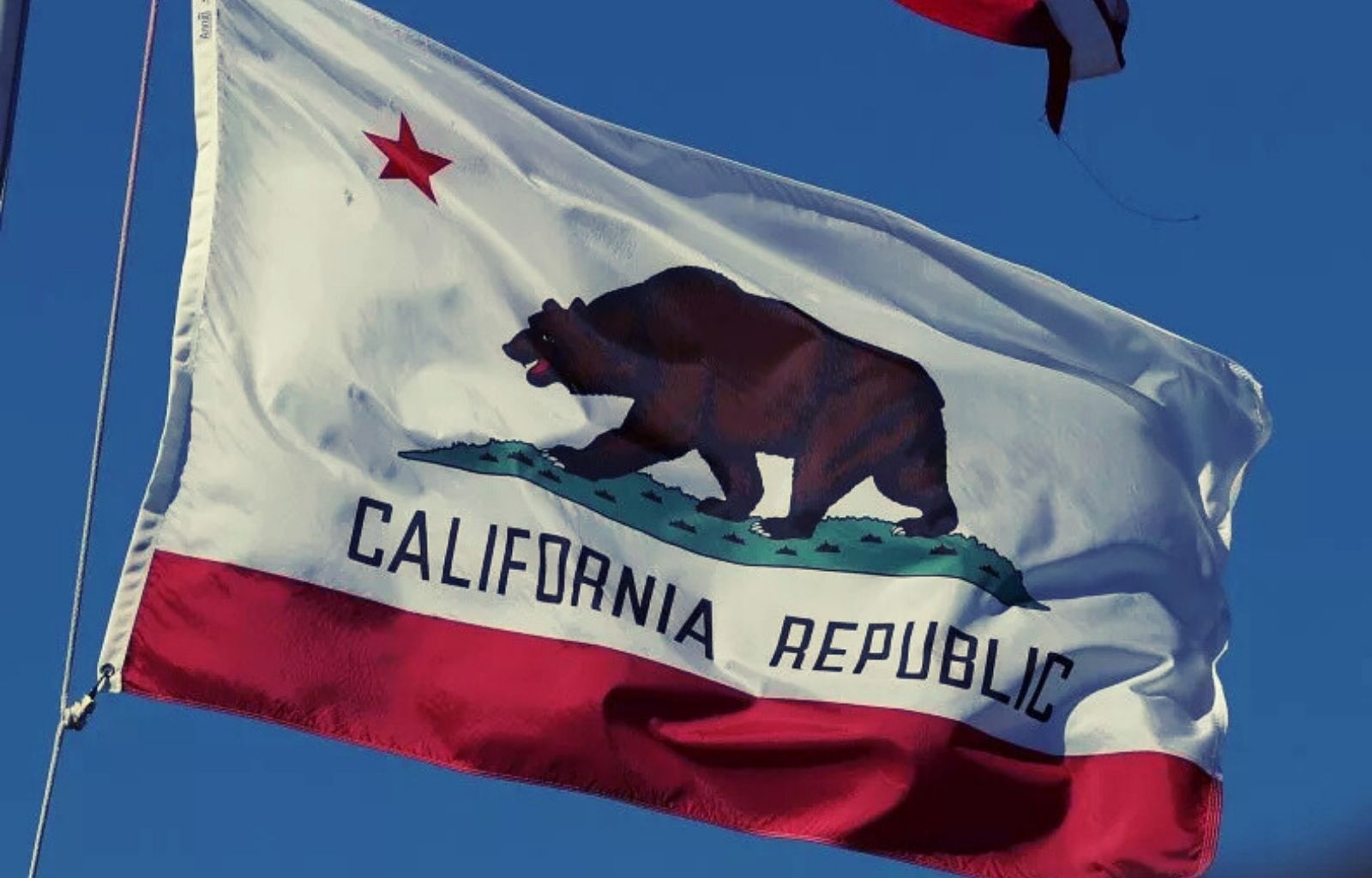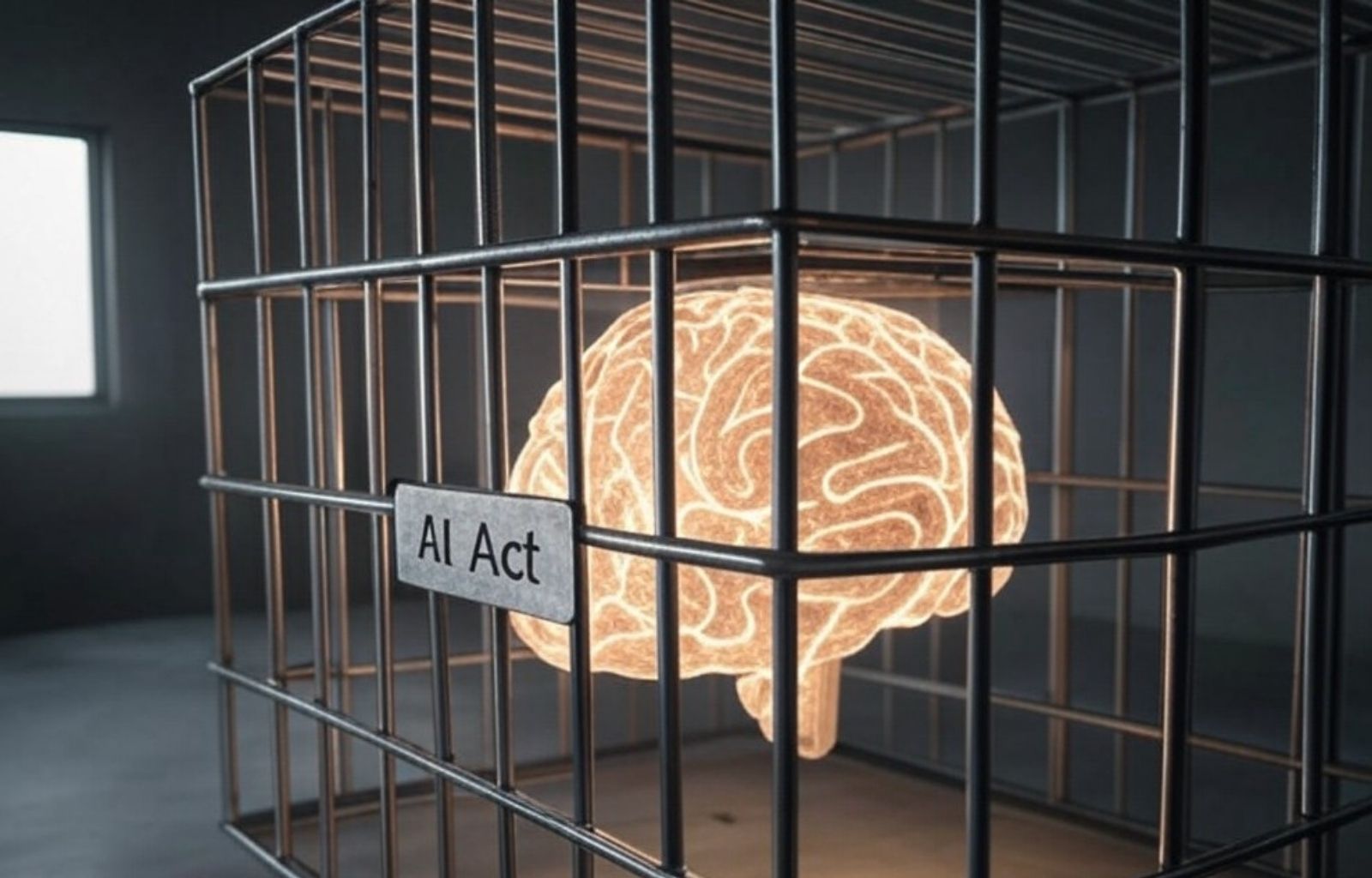The Conspiracist Right is unifying Europe. Without knowing it

Raise your hand if you have not come across, at least once, the cliché that the 20th century mass media (radio, cinema and television) created national identities. In school books, it is presented more as a fact than a hypothesis.
Now, in light of this precedent, with which we are all very familiar, why is no one asking whether the social media of the new millennium are creating a European identity?
The answer, perhaps, is that we mistakenly imagined that the construction of the European identity would take place at the hands of those who had already given Europe economic unity, followed by the larva of political unity that we now have.
We expected, in short, that mainstream cultural currents, such as Christian Democrats, socialists, environmentalists and liberals, would find the tools and buzzwords to make Europeans feel all the same, from Ireland to Cyprus. We expected that the ‘mainstream media’, the same media that had forged a sense of nationality, would now set to work to forge a sense of European belonging.
Expectation betrayed by classical media
The first expectation has been partly fulfilled. Let us think of the mobilisation to support Ukraine: for three years it has been bringing together thousands of Europeans from all backgrounds, who are exchanging information, circulating each other’s texts, importing the campaigns they have seen work elsewhere, and above all, they are feeling the defence of Ukraine as a moral pillar for any citizen of the continent.
It is an effort that cuts across language, political affiliation, judgement of Brussels (not always generous), ideas about the future of defeated Russia (not always ungenerous), ethics, sexual tastes and, as if it needed to be specified, occupation and income: in short, it is a purely identity-based effort.
What has been completely disappointed, however, is the second expectation. Even the rare recent jolts of ‘constructive’ European identity, such as the mobilisation for Ukraine, have been through social media, not classical channels.
These, in fact, continued to do what they were created to do: entertain the audience of a specific country, in a specific language, presenting the big world issues only through the filter of small local interests. (“Will inflation rise?”)

The failure of traditional information during Covid
Those with a long memory will recall an example that cries out for vengeance: in the early months of Covid, only on some social media could one find a quick and constant comparison with what was happening in other European states to assess the effectiveness of their quarantine measures.
The classical media, on the other hand, were each fixated on the navel of their own country, and often, sadly, on the a priori apologia of their governments.
No wonder conspiracy theories about the virus spread everywhere from Hamburg to Syracuse: the best antidote to the conspiracy-magic mentality of conspiracy theorists is the honest observation of how varied and often illogical the world’s cases are, and this antidote, from the classical media, was not administered.
Conspiracy theories about the virus, for their part, were surprising in their ability to impose themselves on different audiences while always remaining the same.
The unification of Europe through conspiracy theories
The ‘frugal Dutchman’ and the ‘spendthrift Greek’, the ‘reserved Swede’ and the ‘extroverted Spaniard’, the ‘stern Polish woman’ and the ‘eccentric Irishwoman’, the ‘mama’s boy’ Italian and the ‘leaving home at eighteen’ Finnish man, all these Europeans with their supposed ‘cultural differences’ have, more or less, taken the bait of the virus unleashed to enrich Big Pharma and to rehearse a regime.
Soon, even opposition to the vaccine (which in itself could have been justified with civilised and reasonable arguments) was sucked into the whirlpool of magical thinking.
The ‘experimental serum’ became the weapon with which the powerful were trying to manipulate our bodies or even our minds, and this horror script appealed to millions of Europeans, regardless of the variety of flags with which they adorned their Twitter profiles.
From migrants to tractors: the reactionary international
After all, this kind of capillarity had already been experienced in the previous decade with anti-immigrant propaganda: it too, after having laid down every possible civilised tone, had thrown itself into the arms of magical thinking, with the fable of the ‘Kalergi plan’ and the Jewish financiers who aspired to replace proud Caucasians with the more servile Africans.
A boring remake of the Protocols of the Slavs of Zion, which, however, brought us Brexit, Orbán, the first Conte government and several other disasters.
In this regard, Anne Applebaum, one of the finest thinkers of our time, stated well in advance in her Sunset of Democracy that Orban’s Hungary or Kaczynski’s Poland were a foretaste of what would soon be seen in Washington or London.
It is pointless to claim an alleged cultural diversity between the ‘barbarians of the East’ and the two oldest democracies in the world: magical, nostalgic and illiberal narratives have the same effect everywhere.
As happens to the best philosophers, time has proven her right.
I cite one last, very interesting case of a reactionary movement that has burnt every border and relativised every supposed cultural difference: that of the ‘tractors’.
In 2024, thousands of farmers protested, with identical demands and in identical ways, in the Netherlands, Belgium, France, Germany, Italy and Poland.
For a change, some of the issues that could be discussed calmly (e.g. the increase in the price of agricultural diesel or the distortions of the law on the ‘restoration of nature’) were accompanied by a general polemic against free trade agreements, green policies, food innovation (cultivated meat and GMOs) and the European Union itself, which by encouraging all this was killing peasant civilisation.
The slogan chosen was ‘If you can eat, thank a farmer’, and in a way it was consistent, since the purpose of the protest was to force us to thank a specific farmer by preventing us from choosing to thank others.
However, with the European elections just around the corner, the response of the authorities was total capitulation, not only to the demands of the farmers but especially to their rhetoric. The link with the ‘genuine food’ produced on ‘home soil’, in this ageing Europe that feeds on regrets, is an identity value that is too transversal and too easy to exploit: proof of this is the fact that almost the entire political spectrum in Brussels, majority and opposition, including the same Greens that the protesters would have gladly lynched, has bowed down to reverence it.
The far right is unifying Europe. Let’s hope it is not alone
Covid, immigrants and agriculture are three of the many rhetorical threads pulled by Elon Musk, as in his time by Steve Bannon, to create a kind of ‘reactionary international’ in Europe, which moreover finds a powerful amplifier in Putin’s propaganda network.
Well, if this international is ‘reactionary’ with respect to the Enlightenment or liberalism, it is less and less so with respect to Europeanism. On the contrary: it is in fact creating it. Negatively, but it is creating it.
In the face of the magic-illiberal suggestions of Musk and Putin, it really doesn’t matter any more that Berliners are punctual and Romans tardy, or that the great-grandparents of one of my contemporaries in Copenhagen were Lutherans while mine were Catholics.
It’s over.
Social media are eroding any meaningful difference between Europeans, and at the moment those who profit the most are the far right.
Hopefully, others will learn to take advantage of it as well.
